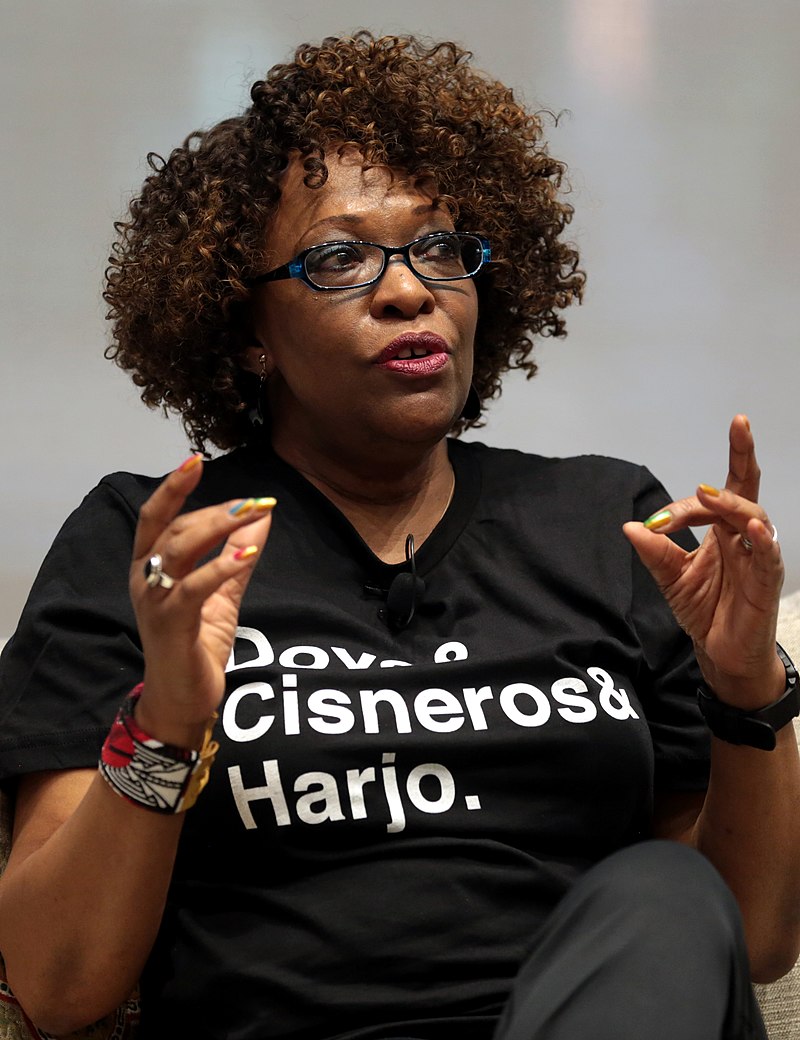Here's a new model for poetry writing--the dramatic monologue (interior monologue)
Dramatic Monologue
Dramatic monologue in poetry, also known as a persona poem, shares many characteristics with a theatrical monologue or soliloquy: an audience is implied; there is no dialogue; and the poet speaks through an assumed voice—a character, a fictional identity, or a persona. Because a dramatic monologue is by definition one person’s speech, it is offered without overt analysis or commentary, placing emphasis on subjective qualities that are left to the audience to interpret.
"Trayvon Redux"
Think of a person in the news or just a character you can imagine in a dramatic situation. What are they thinking? What were they thinking? Whose voice is this?
OR
Use a powerful quote as an epigraph to respond to in a poem.
In literature, an epigraph is a phrase, quotation, or poem that is set at the beginning of a document or component. The epigraph may serve as a preface, as a summary, as a counter-example, or to link the work to a wider literary canon, either to invite comparison or to enlist a conventional context.
Trayvon, Redux
By Rita DoveIt is difficult/to get the news from poems /yet men die miserably every
day/for lack/of what is found there./Hear me out/for I too am concerned/
and every man/who wants to die at peace in his bed/besides.
William Carlos Williams, “Asphodel, that Greeny Flower”
Move along, you don't belong here.
This is what you're thinking. Thinking
drives you nuts these days, all that
talk about rights and law abidance when
you can't even walk your own neighborhood
in peace and quiet, get your black ass gone.
You're thinking again. Then what?
Matlock's on TV and here you are,
vigilant, weary, exposed to the elements
on a wet winter's evening in Florida
when all's not right but no one sees it.
Where are they – the law, the enforcers
blind as a bunch of lazy bats can be,
holsters dangling from coat hooks above their desks
as they jaw the news between donuts?
Hey! It tastes good, shoving your voice
down a throat thinking only of sweetness.
Go on, choke on that. Did you say something?
Are you thinking again? Stop! – and
get your ass gone, your blackness,
that casual little red riding hood
I'm just on my way home attitude
as if this street was his to walk on.
Do you do hear me talking to you? Boy.
How dare he smile, jiggling his goodies
in that tiny shiny bag, his black paw crinkling it,
how dare he tinkle their laughter at you.
Here's a fine basket of riddles:
If a mouth shoots off and no one's around
to hear it, who can say which came first –
push or shove, bang or whimper?
Which is news fit to write home about?

Rita Frances Dove (born August 28, 1952) is an American poet and essayist. From 1993 to 1995, she served as Poet Laureate Consultant in Poetry to the Library of Congress. She is the first African-American to have been appointed since the position was created by an act of Congress in 1986 from the previous "consultant in poetry" position (1937–86). Dove also received an appointment as "special consultant in poetry" for the Library of Congress's bicentennial year from 1999 to 2000.[1] Dove is the second African American to receive the Pulitzer Prize for Poetry, in 1987, and she served as the Poet Laureate of Virginia[2] from 2004 to 2006.
No comments:
Post a Comment